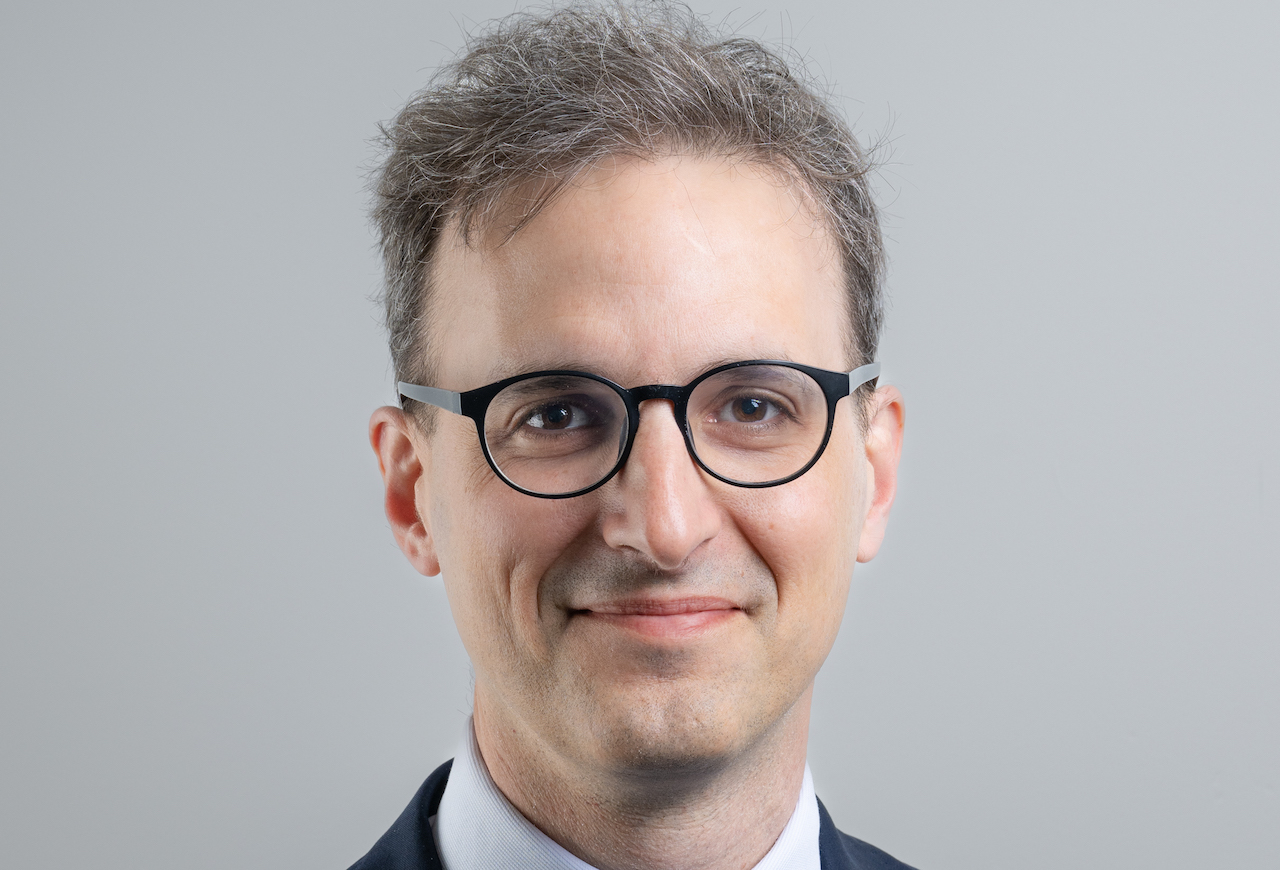UBP’s head of impact investing talks about how demand for impact from private investors is changing, the role of the younger generations, and how bankers are presenting impact investing to their clients.

Mathieu Nègre, head of impact investing and co-portfolio manager of the impact emerging equity strategy at Union Bancaire Privée (UBP), has over two decades of emerging markets expertise and is responsible for steering the firm’s impact franchise.

UBP, with $213.4bn (€181.8bn) under managment, launched its impact investing business in in 2018 with $42m, and today manages approximately $700m across three dedicated funds focused on biodiversity, climate and inclusive growth.
Krystle Higgins (KH): How is client demand for impact investing evolving?
Mathieu Nègre (MN): We continue to see steady growth, especially from private investors and family offices. While institutional clients dominate the asset base, private wealth clients increasingly want sustainability and impact solutions, often treating them as one bucket rather than distinguishing between Article 8, Article 9, or other classifications. Regulation is also pushing banks to ask the right questions, so even if clients aren’t initially interested, their preferences are now systematically captured.
KH: Are bankers actively presenting impact options to clients?
MN: In our wealth management business, we’re not activists, we’re bankers. That means we take a client-led approach. Five years ago, manufacturers were ahead of clients, pushing new sustainability products. Today, the industry is much more client-driven. At UBP, we ask the questions, listen carefully, and then tailor solutions if there’s appetite. The offering exists, but it’s never imposed.
KH: What role do younger generations play in shaping demand?
MN: It may sound like a cliché, but it’s true: younger generations keep sustainability on the agenda. Even if they don’t yet control the majority of assets, they are the ones who consistently ask about impact and want to see it considered. Older generations may need more persuasion, but millennials in particular view sustainability as a given.
KH: Are investors asking tougher questions now?
MN: Yes, but they’re different. We no longer get the broad ‘isn’t this just greenwashing?’ type of challenges. Clients today are committed, more informed, and asking sharper questions about controversies, engagement, and additionality. They want clarity on what’s realistically achievable. For example, expectations around engagement have matured — investors understand we can’t change a $100bn company overnight, but they expect consistency and transparency in how we push for progress.
KH: What’s the most difficult line of questioning today?
MN: Transition finance. Until recently, pointing to the Science-Based Targets initiative (SBTi) commitments was an easy answer. Now, progress has plateaued. Some companies are dropping targets, alliances like the Net Zero Banking Alliance are losing members, and the industry lacks a clear replacement framework. Clients are pressing us on what comes next, and it’s a challenging discussion — we still need medium-term objectives, but the old benchmarks are no longer unquestioned.






